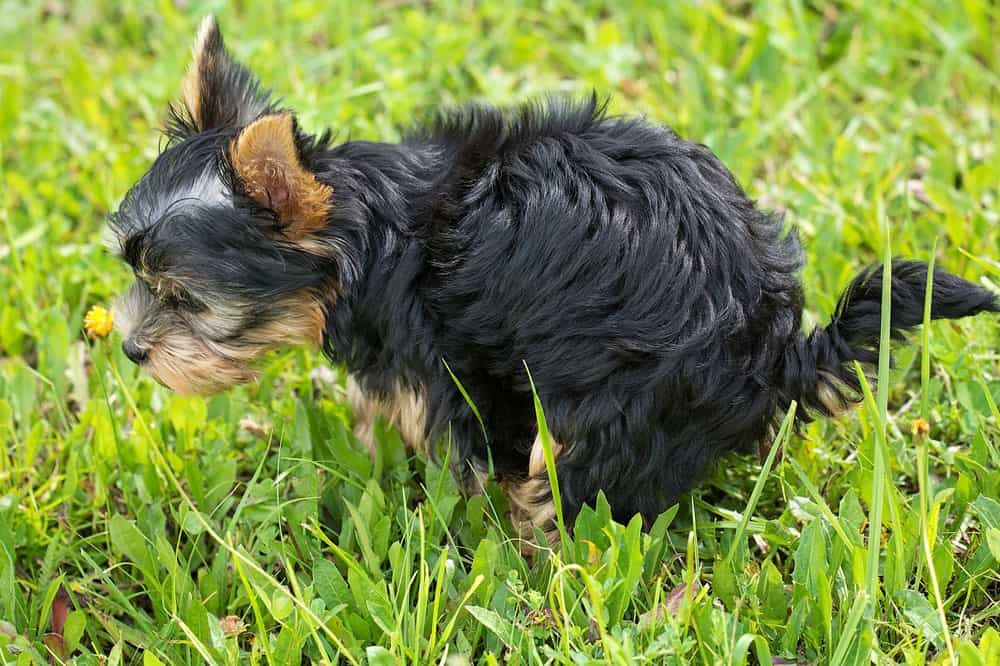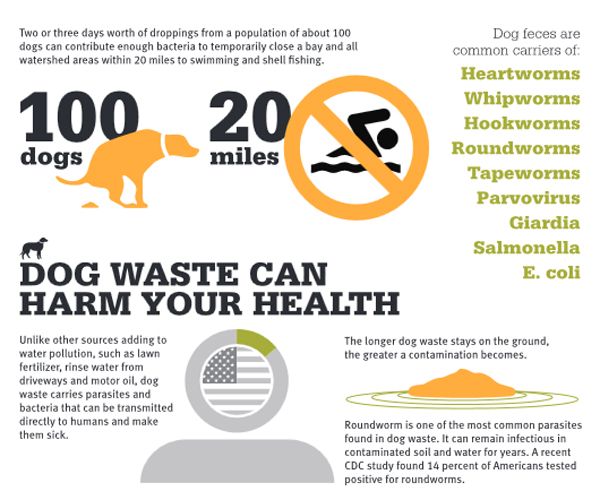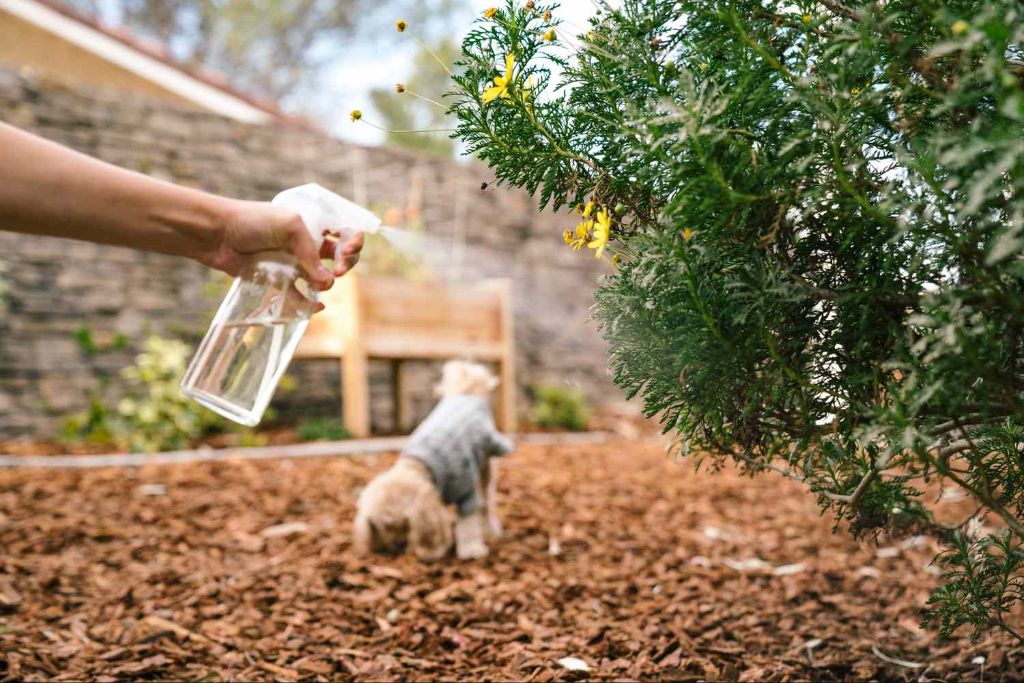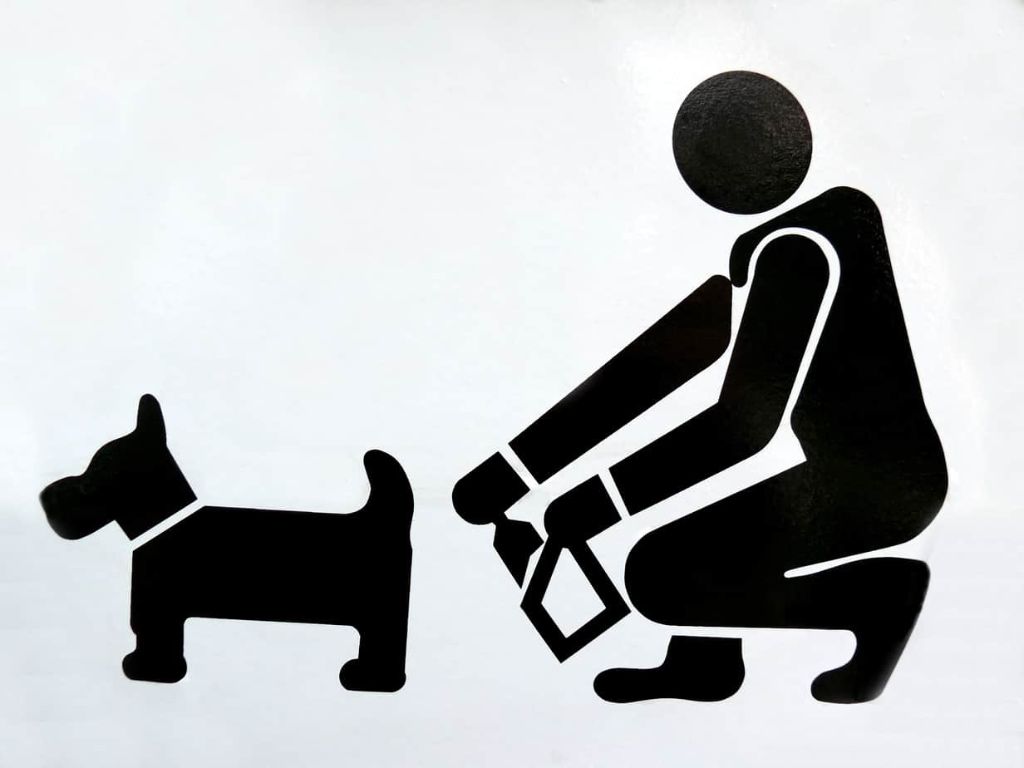Introduction
Dog owners letting their dogs poop in other people’s yards is an annoying and common problem for many homeowners. While it may seem harmless, this can lead to unsightly messes, smells, and health hazards if the waste is left to accumulate. Dog poop contains bacteria and parasites that can be transferred to humans, especially children who play in the yard. It also poses environmental concerns as waste washes into storm drains and waterways. While there are legalities homeowners should understand, the onus is typically on dog owners to be responsible and clean up after their pets. This article will provide an overview of the issue of dogs pooping in yards, the impacts, and what can be done to address it.
Why It Happens
Dogs can’t always control when or where they need to go to the bathroom. Like people, dogs feel the urge to relieve themselves when their bladder becomes full. Unlike humans who can usually wait to find an appropriate bathroom, dogs need to go immediately when the urge hits. Their bodily functions aren’t quite as patient!
It’s not natural for dogs to “hold it” for long periods. In fact, doing so can lead to urinary tract infections and other health issues. When a dog needs to poop, it has no choice but to go wherever it is at that moment, whether in your yard, on a walk, or in the house if no one is home.
While responsible pet owners try to mitigate this by providing regular opportunities for their dogs to go outside, sometimes a dog’s bathroom schedule doesn’t perfectly align with when the owner can take them out. Your neighbor’s dog may end up in your yard if they weren’t able to go before their walk, or if they need to go again soon after.
The bottom line is that dogs poop where they have to poop. It’s an instinctual bodily function, not an intentional behavior to bother you. Getting angry at the dog won’t change this natural need. The solutions lie in working cooperatively with pet owners, not scolding their dogs.

Health Risks
Dog waste can contain a number of harmful parasites, viruses, and bacteria that pose a health risk to humans, especially children who may come into contact with it in yards or parks. According to PetMD, dog feces can transmit hookworms, whipworms, roundworms, giardia and other parasites that can cause disease. The CDC also warns that dog poop can spread salmonella, E. coli, campylobacteriosis, cryptosporidiosis, and roundworms like toxocariasis to humans.
These diseases are transmitted when humans touch infected soil or dog waste and come into contact with their mouths. Small children are especially susceptible as they play outside and may put their hands in their mouths frequently. Cryptosporidiosis causes diarrhea while toxocariasis can lead to vision loss or blindness. Always supervise kids playing in yards where dogs frequent and teach them to wash their hands immediately after playing outside.
A study cited by SuperScoopers found high levels of harmful E.coli bacteria and fecal coliform bacteria in dog waste. This can leach into watersheds and make lakes and streams unsafe for swimming or drinking water. Dog poop should always be picked up and disposed of promptly before parasites can spread.
Environmental Impact
Dog waste left on the ground can have a significant negative impact on the environment. According to this source, dog poop contains high levels of nitrogen and phosphorus. When it rains, these nutrients can get washed into storm drains and local waterways, leading to algae overgrowth. This algae bloom blocks sunlight and depletes oxygen levels, harming aquatic ecosystems.
Additionally, dog waste can spread weed seeds like foxtails and crabgrass when they pass through a dog’s digestive system. These weed seeds can take root and multiply where dogs frequently poop. Weeds like foxtails are hardy and invasive plants that are difficult to control.
Overall, failing to pick up dog poop can degrade water and land quality. Being a responsible dog owner by cleaning up after your pet can help reduce environmental contamination.
Legalities

Most cities and towns have laws requiring dog owners to clean up after their pets when in public areas or someone else’s private property. According to FindLaw, if a neighbor’s dog poops in your yard without permission, the owner may be liable for trespass and any damage caused.
Many municipalities have specific “pooper scooper” laws mandating owners clean up dog waste immediately. For example, New York City requires owners to remove waste and authorizes fines from $250-$1000 for failing to clean up after a dog (Dog Pooper Signs). Even if there is not a specific statute, owners can often be cited for violating sanitation, littering, or nuisance regulations.
While the law varies by location, most states and cities impose fines ranging from $50 to several hundred dollars for failing to clean up dog poop. In addition to fines, some areas like Hawaii allow private citizens to sue owners for actual damages caused by unremoved dog waste. Repeated failure to clean up may also result in misdemeanor charges.
Preventative Measures
There are some preventative measures you can take to discourage dogs from pooping in your yard. One option is to install a fence around your property. A physical barrier like a fence makes it harder for dogs to access your lawn. Be sure to use fencing material that makes it difficult for dogs to squeeze through or dig under. Some homeowners choose chain link, privacy wood, or decorative iron fencing.
Another preventative approach is to train your own dog to only go in designated bathroom areas. If your dog only goes in your backyard, hopefully neighbor dogs will be less inclined to go there as well. Walk your dog on the same route consistently so they learn where appropriate places are to relieve themselves. You can also request neighbors walk their dogs elsewhere.
Some natural repellents may deter dog pooping. Spray areas with white vinegar, lemon juice, or chili pepper powder mixed with water. The smells are unpleasant to dogs. Reapply after rain. Hardware stores sell commercial dog repellent sprays as well. Motion-activated sprinklers can also scare away dogs.

Clean Up
Properly removing and disposing of dog waste is crucial for keeping your yard clean. Here are some tips for effective clean up:
Use poop bags, a pooper scooper, or shovel to pick up solid waste. Turn the bag inside out over your hand to grab the poop. Seal the bag tightly before disposal. Scoopers allow you to quickly pick up poop without bending over. A shovel lets you scrape up poop and sanitize the area.
Check city regulations on properly disposing of pet waste. Most areas require you to throw it in the garbage, not in public trash cans. Some communities have special pet waste bins you can use.
Clean up messes as soon as possible before rain washes waste into storm drains or groundwater. Burying poop can still lead to contamination.
Use an enzyme-based pet odor eliminator spray after picking up solid poop. This helps remove remaining waste and bacteria from grass to prevent discoloration or dead patches.
Hose down the area after applying spray. The water activates the enzymes to dissolve waste trapped down to the roots. Allow the area to fully dry in sunlight.
Avoid harmful chemicals that may damage your lawn. Vinegar, bleach, ammonia, and salt can all burn grass when used improperly.
Regularly cleaning up after your dog prevents unpleasant odors and bacteria buildup that poses health risks for people and pets.
Confronting Owners
If a neighbor’s dog continues to poop in your yard, you may need to confront the owner. The first step is to have a polite conversation. Avoid accusatory language and explain how the dog pooping affects you. Suggest solutions like keeping the dog on a leash or cleaning up after it. Approach at a good time when the owner is not busy. Remain calm and friendly to keep communication open (source).

If issues continue after politely talking with the owner, you can file a complaint with animal control or local authorities. Many areas have laws requiring owners to clean up pet waste. Providing evidence like photos or videos can help authorities take action. Formal complaints create a paper trail if legal action becomes necessary. As a last resort, small claims court is an option to recover clean-up costs (source). However, try to resolve disputes amicably before turning to legal authorities.
Solutions
Strategies for dealing with persistent issues of dogs pooping in your yard include trying repellents, blocking access, motion-activated devices, and talking to pet owners. Some effective dog repellents to spray or sprinkle around the perimeter of your yard include mixtures with vinegar, lemon juice, chili powder, or garlic (1). Physical barriers like fences, bushes, and rocks can also block dogs from entering your yard. Motion-activated sprinklers or ultrasonic repellers can startle dogs away when they enter (2). As a last resort, politely confronting pet owners about the issue and asking them to curb their dog may stop repeat offenders.
Conclusion
In summary, dogs pooping in your yard is an issue that needs to be addressed. While it may seem harmless, dog waste can pose health risks, damage the environment, and in some cases lead to legal issues if not cleaned up properly. With some diligence, preventative measures, and neighborly confrontation when necessary, the problem can be managed.
It’s important that all dog owners act responsibly and clean up after their pets whenever they go to the bathroom. Dog waste contains bacteria and parasites that can contaminate water and spread disease if left on the ground. It also releases methane gas and provides excess nutrients that can encourage weed growth and damage landscaping.
By taking proactive steps like putting up signs, using repellents, building barriers, and talking to your neighbors, you can help keep your lawn poop-free. If an incident does occur, be sure to clean it up quickly using the proper supplies. With some persistence and politeness, you can curb yard pooping and keep things clean for all to enjoy.